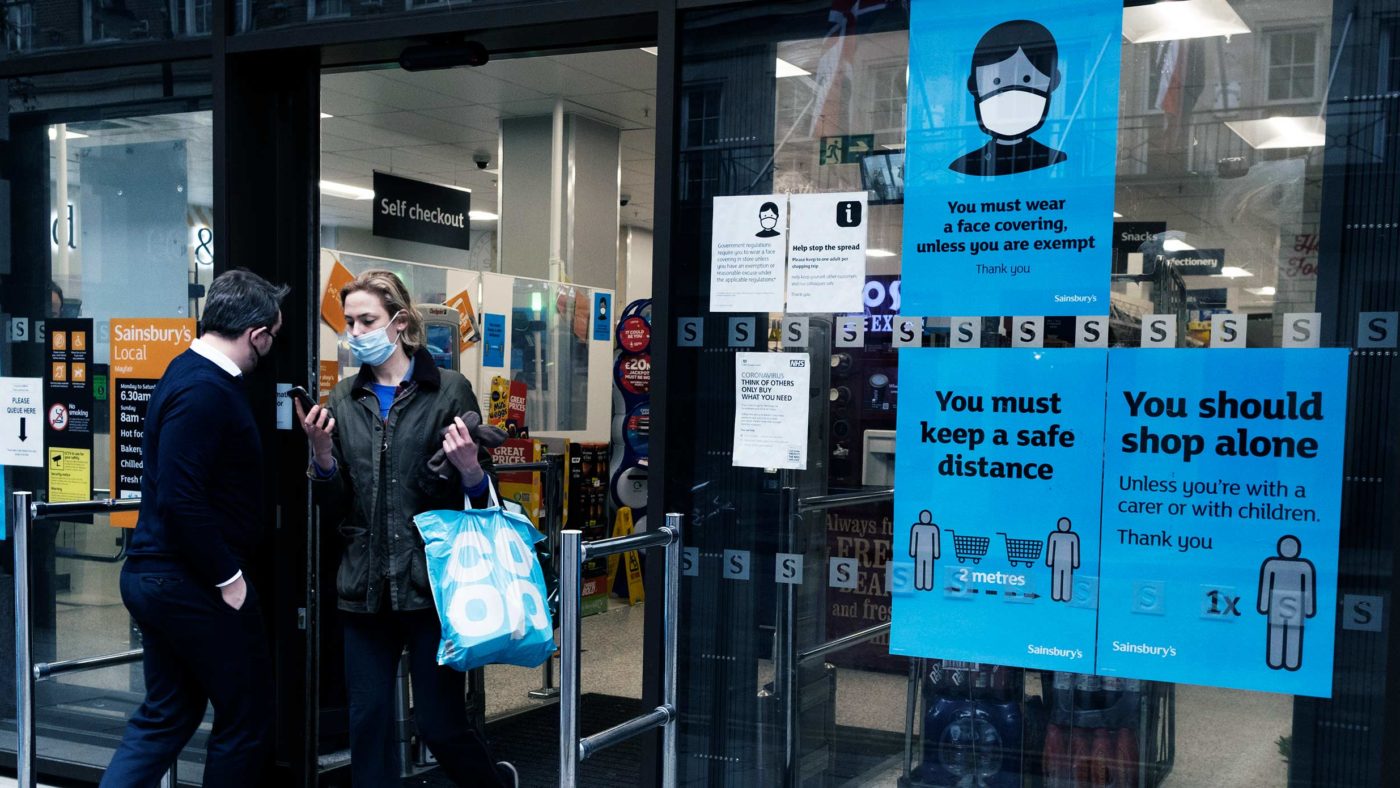The BBC reports today that 20 million Britons are now living in areas that did not report a single Covid death in April. Despite that arresting statistic, the entire population of the United Kingdom is still living under restrictions that, even in March last year, would have seemed unthinkable.
It is still a criminal offence in England to meet people from outside your household indoors, other than for specific permitted purpose, or to meet more than five others outdoors. We were pathetically grateful to be allowed to have a pint outside a pub in the sleet of early April, but also risked prosecution for sitting in a group of seven for a picnic on days when the sun shone. I have written elsewhere about how this arrangement is fatal to the rule of law and invites arbitrary policing and a managerial, Big Brother state.
Perhaps ministers and their advisers based in London, seeing people partying on the streets of Soho, have lost sight of what life is like for people living in blustery seaside towns where a pint cowering under a patio heater is not such a vibrant social experience.
Perhaps those living busy lives in which they continue to engage with colleagues in their workplaces have forgotten about the misery of the elderly, who are not allowed to leave their care homes even for a walk without undergoing a ferocious quarantine in isolation on their return.
But most of all it seems that the Government has forgotten that freedom is (or used to be) our default setting, and any restrictions need to be justified. Laws preventing freedom of association, freedom to carry on business or to enjoy family life, should have to be assessed and justified for every single day that they continue in force. Instead, the opposite seems to apply – the restrictions are to continue until ministers are satisfied that there is no risk (the official timetable remains contingent). Risk of what seems unclear; we’ve come a long way from flattening the curve and protecting the NHS from being overrun. Many libertarians and free market conservatives were willing to accept emergency laws during the pandemic on the basis of the harm principle and remediation of externalities. I now think that was wrong, but even if you accept that justification it is hard to argue it still applies.
Of course there are technical policy considerations in play – the tiered system that was tried before Christmas to reflect different levels of prevalence in different regions does not seem generally considered to have been a success. Perhaps more powers for local authorities to decide their public health policies might have helped, though it seems likely that our own system of regional and local government is too weak to have delivered better results.
It is interesting to reflect that India’s national lockdown last year, one of the strictest in the world, has not saved them from a serious outbreak this year. In part the one-size-fits-all, centrally mandated restrictions imposed from Delhi, and India’s arguably dysfunctional federalism, has been blamed for this – Modi imposed a harsh shutdown on the whole country, causing terrible economic hardship to millions, including in rural states that had no recorded cases. On a much larger scale, this shows the damage that can be done unnecessarily by arbitrary and unsubstantiated public health measures that are not subject to cost-benefit analysis and do not take account of the actual conditions in an area.
‘Data not dates’ was the Prime Minister’s mantra when he announced the roadmap to rolling back the coronavirus laws restricting our freedom. It seems though that now, as throughout the pandemic, it’s more like risk aversion and politics over cost/benefit analysis and liberty.
Click here to subscribe to our daily briefing – the best pieces from CapX and across the web.
CapX depends on the generosity of its readers. If you value what we do, please consider making a donation.


